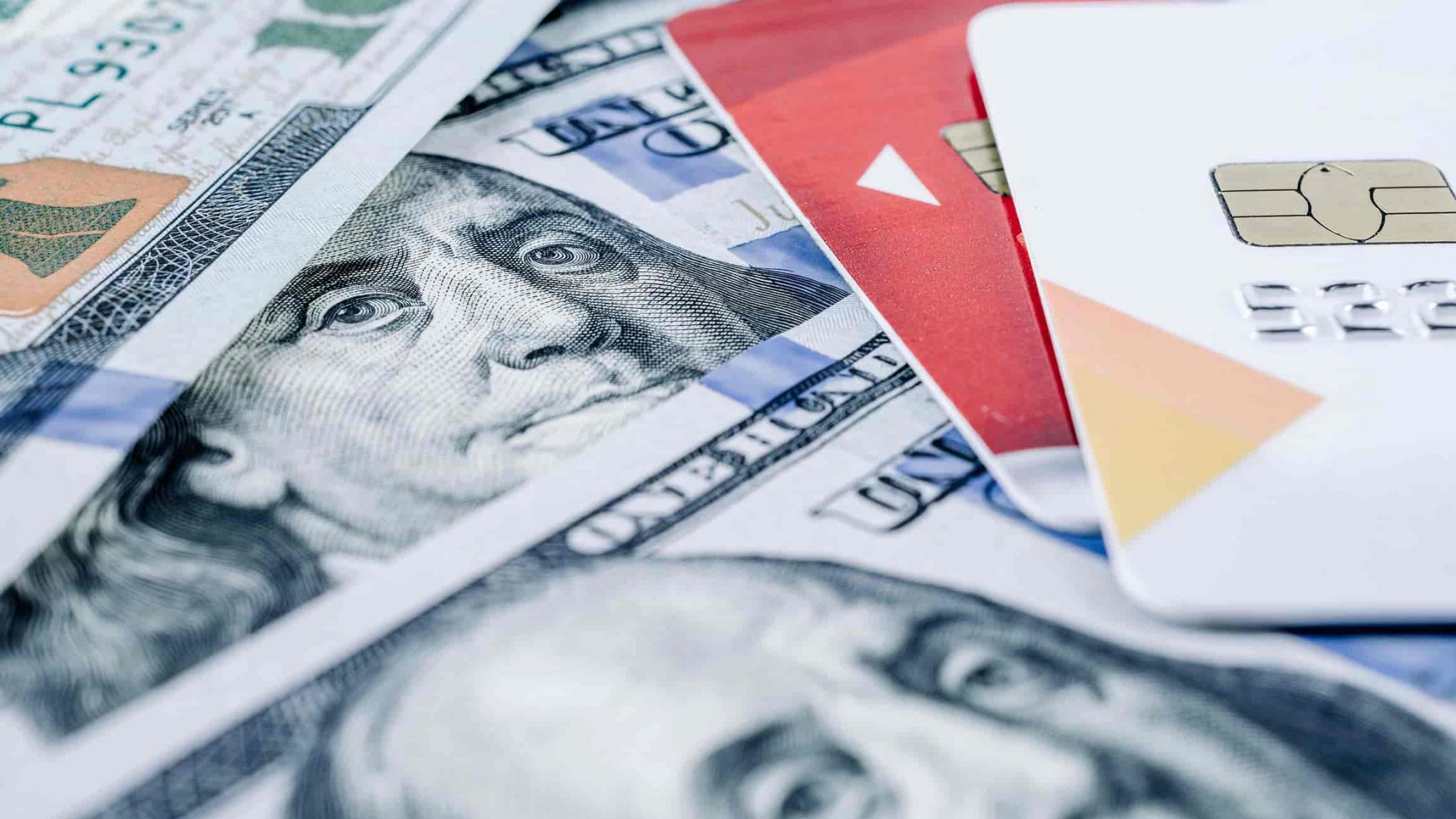When it comes to managing your finances while traveling abroad, deciding between carrying cash and a forex card can be a conundrum. Understanding the nuances of each option is crucial for maximizing convenience, security, and cost-effectiveness. Here’s an in-depth analysis to help you make an informed decision.

Image: www.extravelmoney.com
Cash: The Simplicity of Accessibility
Cash is the most straightforward payment method, accepted worldwide without the need for any technological dependencies. It provides immediate access to your funds, eliminating the risk of transaction delays or system malfunctions. Moreover, it’s easy to keep track of your spending, as you can physically see the notes and coins you have available.
Forex Card: A Secure and Flexible Alternative
A forex card, also known as a travel money card, is a specialized card designed for international transactions. It’s loaded with multiple currencies and allows you to spend and withdraw money abroad without incurring heavy exchange fees. Forex cards offer enhanced security features, such as chip-and-PIN technology, and provide a convenient and flexible way to manage your expenses.
Considerations for Carrying Cash Abroad
Pros:
- Widely accepted: Cash is the most universally accepted form of payment.
- Convenient: No need for cards or electronic devices, making transactions accessible even in remote areas.
- Simple budget tracking: Physically seeing your cash helps you stay mindful of your spending.
Cons:
- Security concerns: Carrying large amounts of cash can be unsafe, especially in crowded areas or while traveling alone.
- Theft risk: If stolen, replacing cash can be a hassle, and insurance coverage may not be guaranteed.
- Exchange fees: When exchanging currency abroad, unfavorable market rates can result in additional expenses.
- Weight and bulk: Carrying significant amounts of cash can be physically cumbersome.

Image: blog.thomascook.in
Advantages of Using a Forex Card
Pros:
- Protection against fraud: Forex cards are equipped with advanced security features, reducing the risk of fraudulent activities.
- Competitive exchange rates: By loading multiple currencies, forex cards often offer favorable exchange rates compared to traditional currency exchange services.
- Convenience: Forex cards can be used for both ATM withdrawals and point-of-sale transactions, providing flexibility in budgeting.
- Easy to track expenses: Online banking or mobile apps can provide real-time updates on transactions and card balance.
- Lost card assistance: In case of a lost or stolen card, forex card providers usually have reliable customer support to help block the card and issue a replacement.
Cons:
- Acceptance: While forex cards are widely accepted, they may not be as universally accepted as cash.
- Transaction fees: Some forex cards may charge a fee for withdrawals or transactions, which can be a consideration for frequent or large-value transactions.
- Reliance on technology: Forex cards require electronic devices and a stable internet connection for transactions and account management.
Should I Get Cash Or Forex Card
Making the Decision
The choice between cash and a forex card depends on your individual travel style, risk tolerance, and budget management preferences. If simplicity, accessibility, and peace of mind are your priorities, cash might be the better option. However, if security, flexibility, and cost-effectiveness are paramount, a forex card emerges as a more advantageous choice. Remember to research and compare different options from reputable providers to find the solution that best suits your travel needs.






